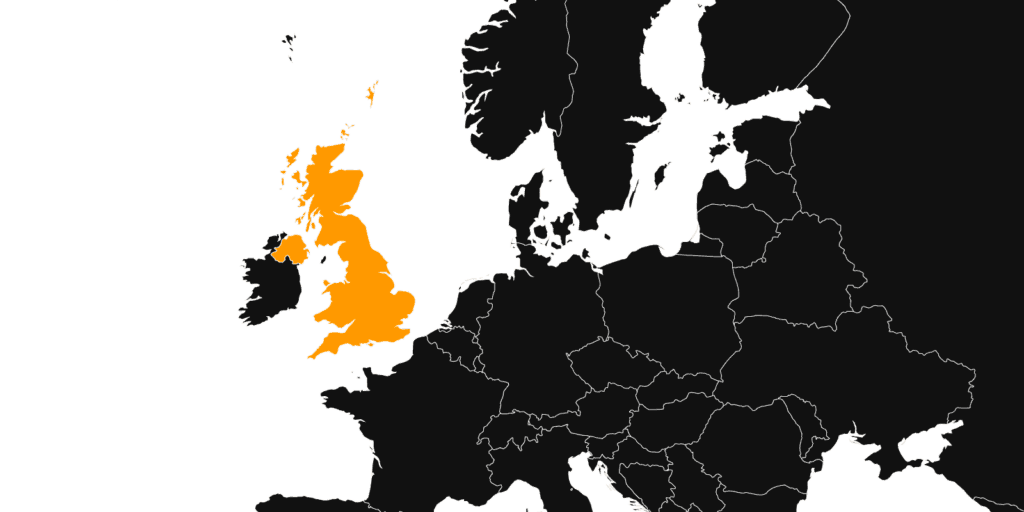

(Surveillance) times have changed
Given the revelations about the UK domestic mass surveillance programs, the country’s once desperate cries for more crime- and terrorism-fighting tools now look like nothing more than attempts to illegitimately spy more on all citizens.
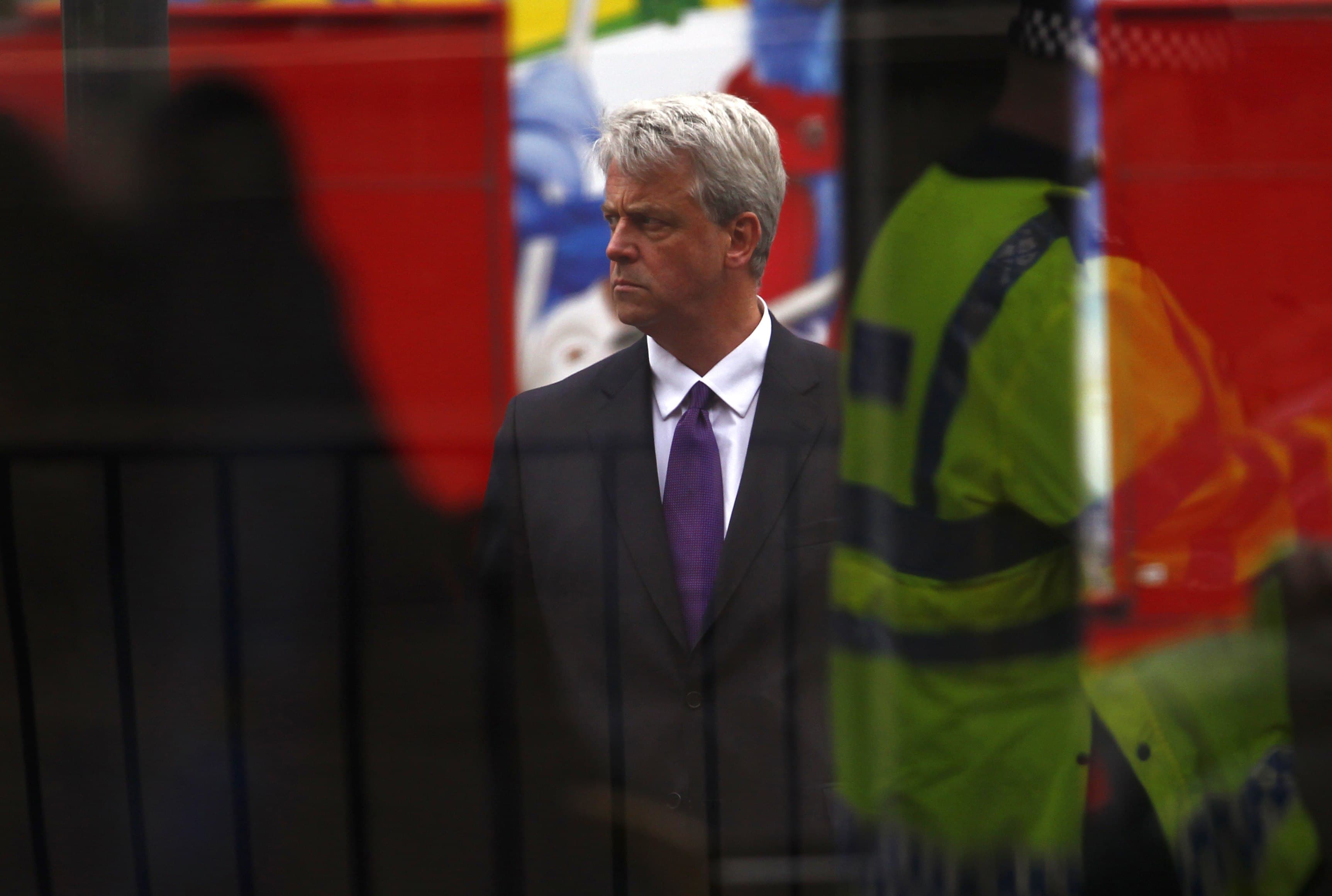
“Gagging bill” threatens U.K. charities
The controversial Transparency of Lobbying, Non-party Campaigning and Trade Union Administration Bill passed its second reading on 3 September 2013. The legislation includes a proposal to cap the spending of charities in election years.

Groups protest destruction of “Guardian” hard drives in the U.K.
The World Association of Newspapers and News Publishers (WAN-IFRA) and the World Editors Forum have protested to Prime Minister David Cameron against the actions of government officials that led to the destruction of computer hard drives belonging to the Guardian newspaper last month.
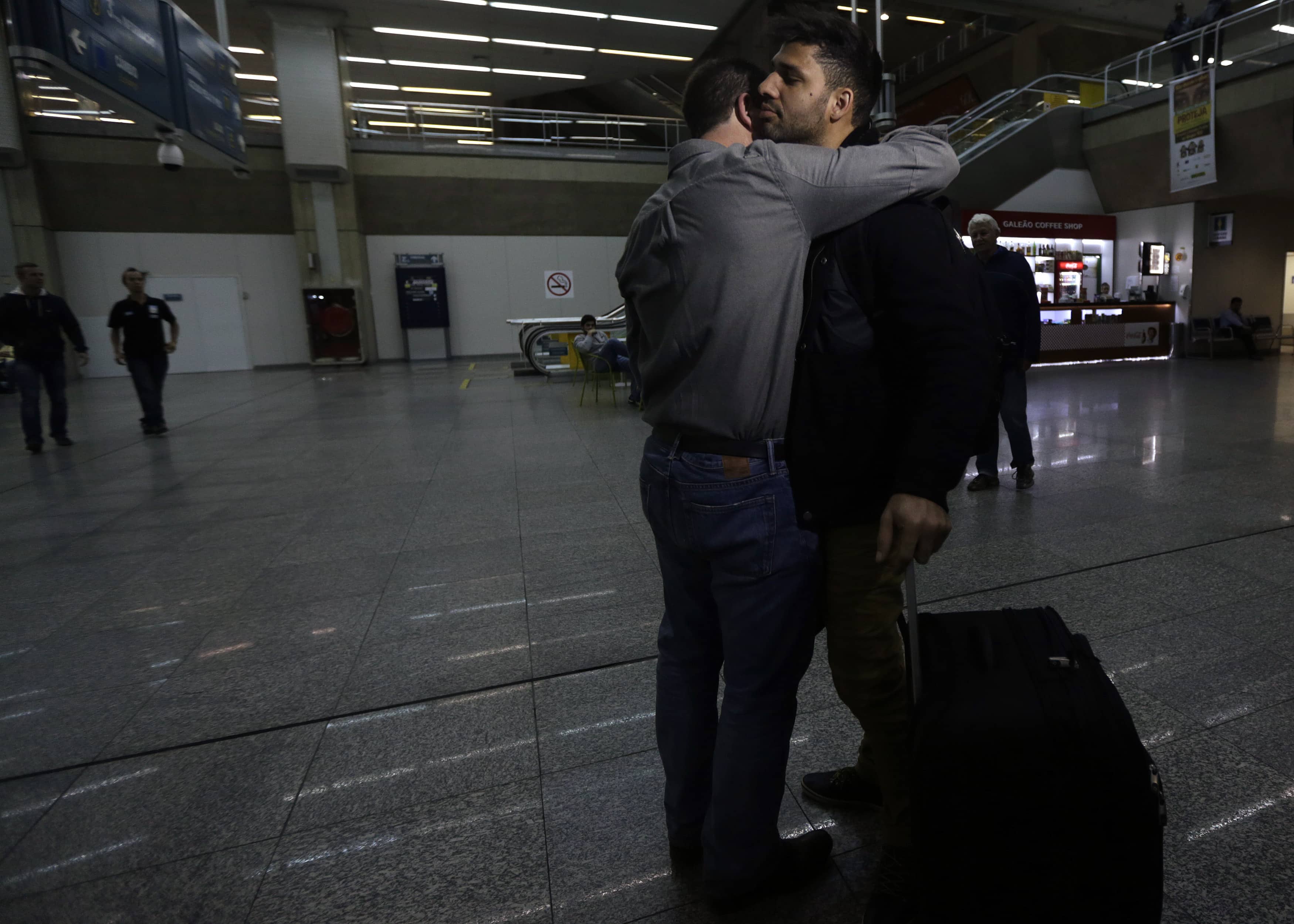
U.K. authorities detain, interrogate partner of journalist reporting on Snowden
U.S. journalist Glen Greenwald’s Brazilian partner, David Miranda, was questioned at Heathrow airport under the U.K.’s Terrorism Act. His mobile phone, laptop and computer equipment were seized.

World’s largest telecommunication companies face legal action for role in UK mass surveillance programme
Some of the world’s largest telecommunication companies are facing legal action for colluding with British spy agency GCHQ and failing to protect customers’ privacy rights, Privacy International said in a letter issued to the cable providers.

Corruption scandal reveals use of surveillance software in Mexico
Following reports that the Mexican prosecution authority appears to be not only using FinFisher, but also to be involved in a corruption scandal surrounding the purchase of this intrusive surveillance technology, the Mexican Permanent Commission has asked for an investigation into the use of spyware in Mexico.

London exhibition provides safe space for Syrian artists
A new London exhibition called #withoutwords provides a platform to Syrian artists influenced by the conflict engulfing their country who don’t have a free and safe space to display their art in Syria.

Complaint against British surveillance company moves forward
A complaint filed with the Organisation for Economic Cooperation and Development (OECD) against Gamma International, a UK-based company accused of selling surveillance spyware for governments, will proceed and has been accepted for consideration, the UK National Contact Point (NCP) for the OECD announced.

21 climate activists receive criminal sentences for peaceful assembly in UK
ARTICLE 19 is concerned that a week after a UN independent expert recommended that the United Kingdom review its public order legislation, 21 climate activists have received criminal sentences for exercising their right to freedom of peaceful assembly.

Britain not doing enough to press Bahrain on free expression issues
It is well documented that Bahrain’s record on freedom of expression is deeply problematic, and the British government, one of Bahrain’s major allies, is doing far too little to press the island country on freedom of expression issues and other human rights violations.

Newspaper association backs independent self-regulation of U.K. press
The World Association of Newspapers and News Publishers describes why it rejects statutory underpinning for press regulation in the United Kingdom, noting that it has persistently warned of the implications of such proposals for press freedom globally.
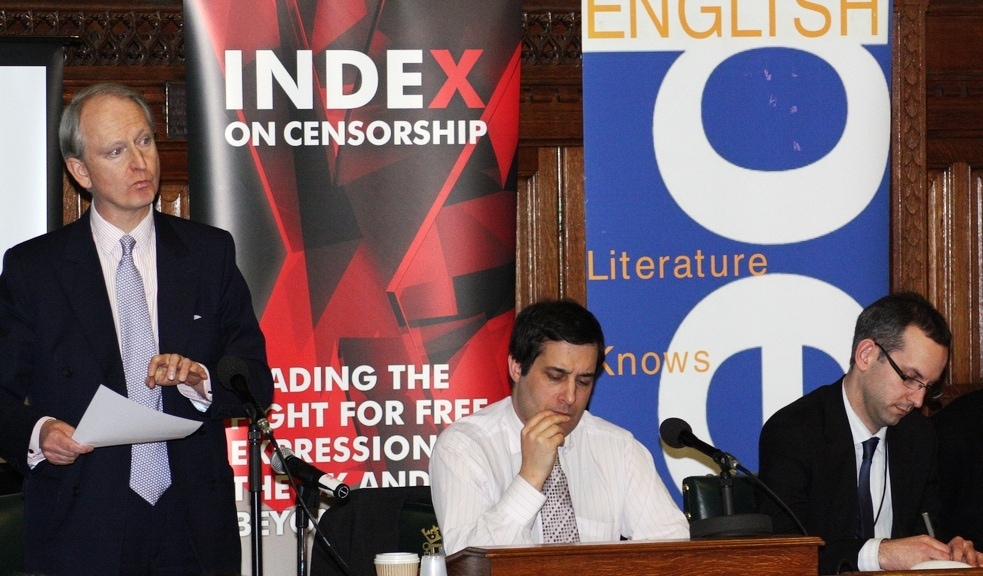
Victory for free speech as U.K. libel bill passes
After a three-and-a-half year campaign, changes will be made to England’s defamation law, which was being used to silence legitimate criticism and debate both in the U.K. and internationally.

Internet browsing is a legitimate exception to copyright, says UK court
In what could become a landmark decision for freedom of expression on the Internet, the UK Supreme Court found that in the “Meltwater case” unauthorised browsing of copyrighted material was legitimate.

UK’s Draft Royal Charter on Self-Regulation of the Press raises concerns
In this legal analysis, ARTICLE 19 reviews the provisions of the Draft Royal Charter on Self-Regulation of the Press, recently drafted by the three biggest political parties in the UK, and the relevant provisions of the Amendments of the Crime and Courts Bill, currently pending in parliament.

UK’s Draft Royal Charter on Self-Regulation of the Press raises concerns
In this legal analysis, ARTICLE 19 reviews the provisions of the Draft Royal Charter on Self-Regulation of the Press, recently drafted by the three biggest political parties in the UK, and the relevant provisions of the Amendments of the Crime and Courts Bill, currently pending in parliament.
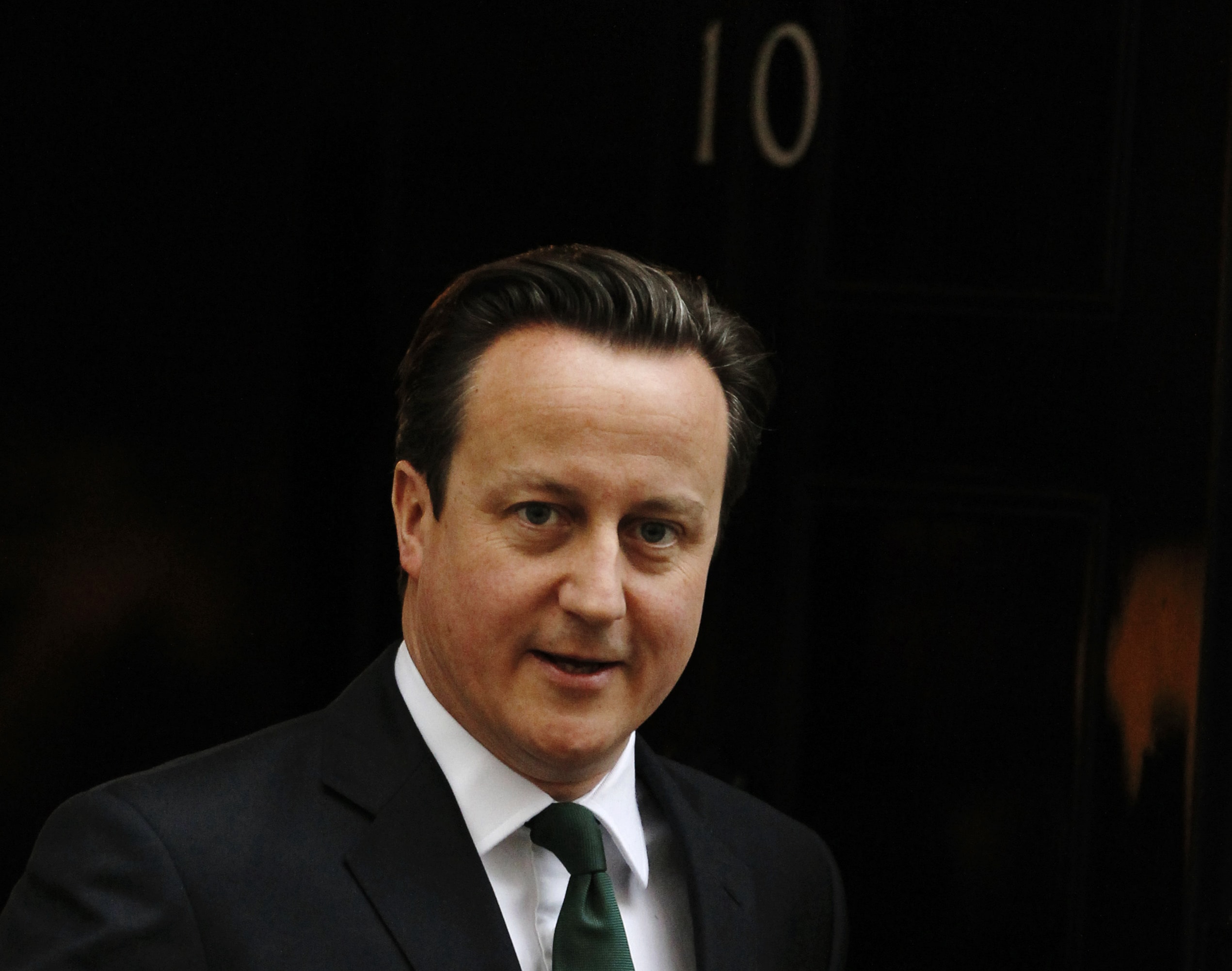
After the Leveson Report: What you need to know
Why some free expression advocates think David Cameron’s royal charter deal on press regulation threatens free expression in the U.K.